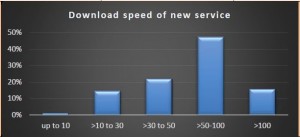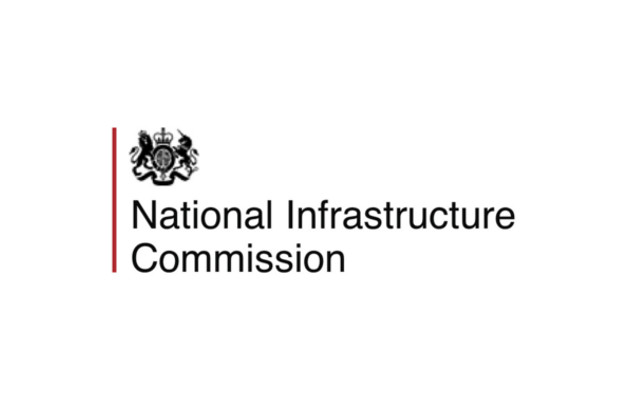A recent study (h/t Computer Weekly) on the economic impact of London’s superfast broadband connection voucher scheme shows that it could bring a £3bn boost to London SMEs within two years. Carried out by Adriot Economics, and supported by Point Topic, The Fifth Sector and Manchester University, the evidence comes from around 500 of the 12,000 London businesses who benefited from the scheme.
The SME Connection scheme was launched in late 2013 as part of the Super Connected Cities scheme. Despite some initial teething problems it quickly picked up speed, benefiting from an advertising push and a streamlined application process that included the ability to aggregate vouchers. When it closed in October 2015 55,000 vouchers – a one-off grant of up to £3000 – had been issued to SMEs in over 50 cities with over 700 suppliers taking part.
This report is the first to attempt to undertake an economic analysis of the scheme – something which the BSG called for in our Small Business Connectivity Requirements Report last year. London’s scheme allocated £18m over the two years with an average cost of £1,500. This resulted in an average speed increase from 15.9 Mbit/s to 86.6 Mbit/s. The range of services delivered can be seen in the graph:

In the short to medium term this resulted in increased efficiency and sales. It also resulted in productivity gains from staff time savings and increased ability for home and mobile workers. The report also identified longer term gains in terms of using this time to increase skills – and having better access to online courses.
On a conservative basis this should provide a boost of £3bn in the first two years and an additional £4bn over five years if the latent productivity gains are realised. In terms of Gross Value Added, the economic benefit is estimated to be £430m for Greater London and an additional 8,118 jobs. That’s an extremely impressive £23 GVA per £1 invested and a cost per job of £2,200.
The report doesn’t cover additional economic benefits such as those delivered to the suppliers, nor the extent to which it stimulated the market to deliver superfast broadband services (in fairness a non-trivial task).
Whilst the report was just focused on London and, by the author’s admission, survey results are still coming in – it does seem to beg the question of should Government have stopped the scheme when it did?
In fairness, Ed Vaizey made clear to the CMS Select Committee’s Inquiry into World-Class Connectivity he wanted the scheme to carry on – he was just unable to get the Treasury to agree. That’s not to say the scheme was perfect – whilst it was born out of the Super Connected Cities Programme, SMEs in rural areas would arguably benefit even more from such a scheme. But it was still a scheme that seems to be delivering economic benefits, popular amongst SMEs and broadly welcomed by the telecoms industry. With loud noises of industrial strategy and regions pushing the message that they are open for business, don’t be surprised if we see this revived in some form…












